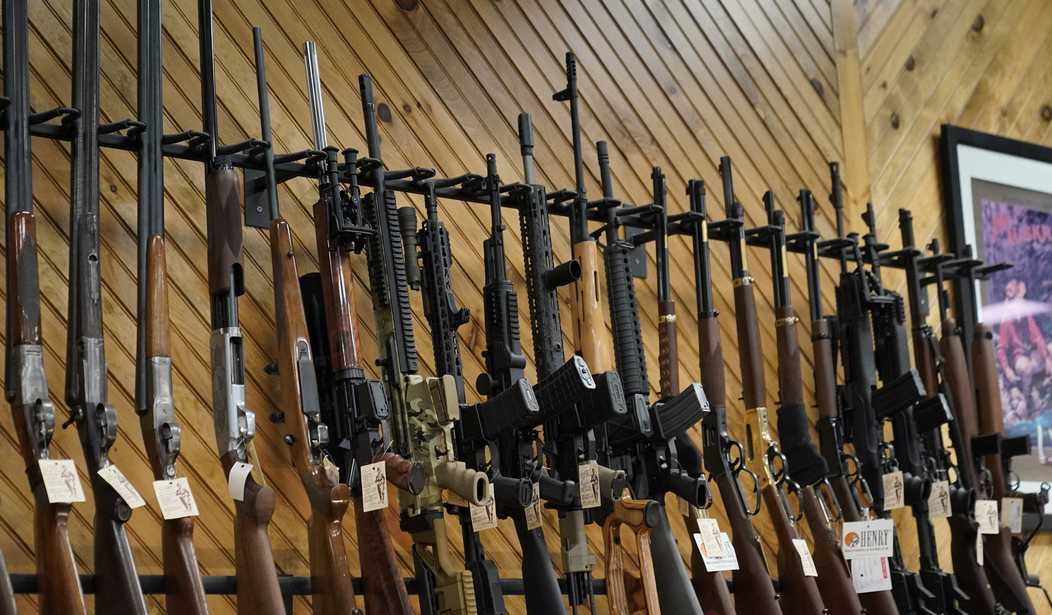Earlier today, I wrote a bit about some of the differences between the US and Europe and why European gun control is a non-starter here.
But really, European-style gun control should have been a non-starter there as well. Our rights come from our status as living, thinking human beings--well, maybe. Anti-gunners have rights, too, after all, and I'm not sure they're "thinking human beings," but you know what I mean--so that means it's not just Americans who have them.
Europe hasn't respected that since, well, ever, really.
Instead, they treat their people as subjects rather than citizens. And yet, they still have issues with guns. So much so, they want to create a central database that will track all the guns in private hands.
The European Union is upping its gun-tracing rules as part of efforts to better track the estimated 35 million illegal firearms in civilian hands across the bloc and put a stop to terror and gang violence.
Negotiators from the European Parliament and Council clinched a deal Thursday that will create a central database for gun-makers and dealers.
In response to terror attacks, the Commission launched the reform in late 2022, aiming to set up an electronic licensing system to replace paper-based national schemes for manufacturers and dealers.
Tighter restrictions will not apply to military or police firearms but by 2028 all member countries should either start using the EU database or fold their existing system into it.
As part of the reform, the European Commission will also publish an annual report detailing gun import and export figures — while also revealing any seizures or refused arms shipments.
“There are still inadequate controls on the import and export of handguns,” said Bernd Lange, the chair of the European Parliament’s trade committee who ran work on the file, adding: “In Latin America for instance, many illegal activities and shootings use handguns smuggled in from Europe; revising the inadequate rules was more than overdue.”
There's a problem with this thinking, though.
Europe has extensive gun control rules throughout the continent. The European Union insists on them for everyone in Europe.
Because of that, it's incredibly unlikely that anyone is going to jump through all the necessary hoops to purchase a firearm lawfully, only to then export it to Latin America or even across the continent to some other entity.
What they're wanting to do is to be able to trace all the lawfully owned firearms in Europe, but the fact that military and police firearms won't be included in that is going to ensure that it never does what this system is supposed to do.
Look, the guns that are being exported are generally stolen. Many are stolen from private collections, but many more are stolen from military or law enforcement sources, at least in Europe. Corrupt military and police officers sell inventory out the proverbial back door, pocketing the proceeds, and allowing criminals to do what they will with the firearms.
Tracing, like here, doesn't really do a lot of good except to maybe make sure the lawful owner gets the weapons returned to them. That's literally all it'll accomplish.
And this does nothing about that particularly European practice of taking non-functioning guns and making them functional so as to bypass the gun regulations on the books. Those weapons won't be traced worth a damn, either.
So basically, anti-gunners around the world are all the same. They really think lawful gun owners are somehow responsible for guns in criminal hands.









Join the conversation as a VIP Member